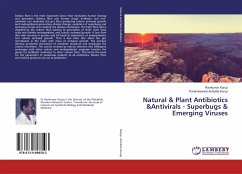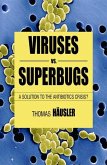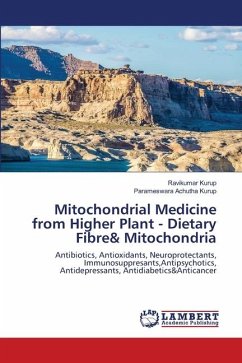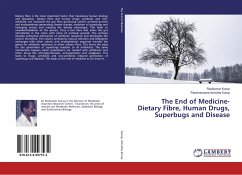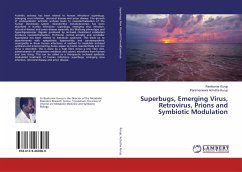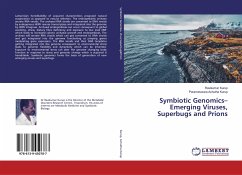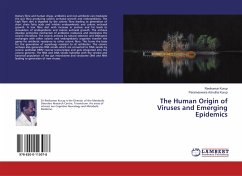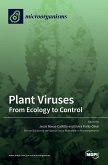Dietary fibre is the most important factor that modulates human biology and speciation. Dietary fibre and human drugs- antibiotic and non-antibiotic can modulate the gut flora producing colonic archaeal growth and endosymbiosis generating climate change, evolution of superbugs and emerging viruses and creating the disease phenotype. The high fibre diet is digested by the colonic flora leading to generation of short chain fatty acids and inhibits endosymbiotic and colonic archaeal growth. A low fibre diet with increase in protein and fat leads to stimulation of endosymbiotic and colonic archaeal growth. Thus a low fibre diet alters the gut microbiome in the colon with more of archaeal growth. The archaea develop protective mechanism of antibiotic resistance and dominates the colonic microflora. The colonic archaea by natural selection and DNA/gene exchanges with other colonic and endosymbiotic organism transfer the genes for antibiotic resistance to other colonic flora. This formsthe basis for the generation of superbugs resistant to all antibiotics. Dietary fibre and natural products can act as antibiotics.

